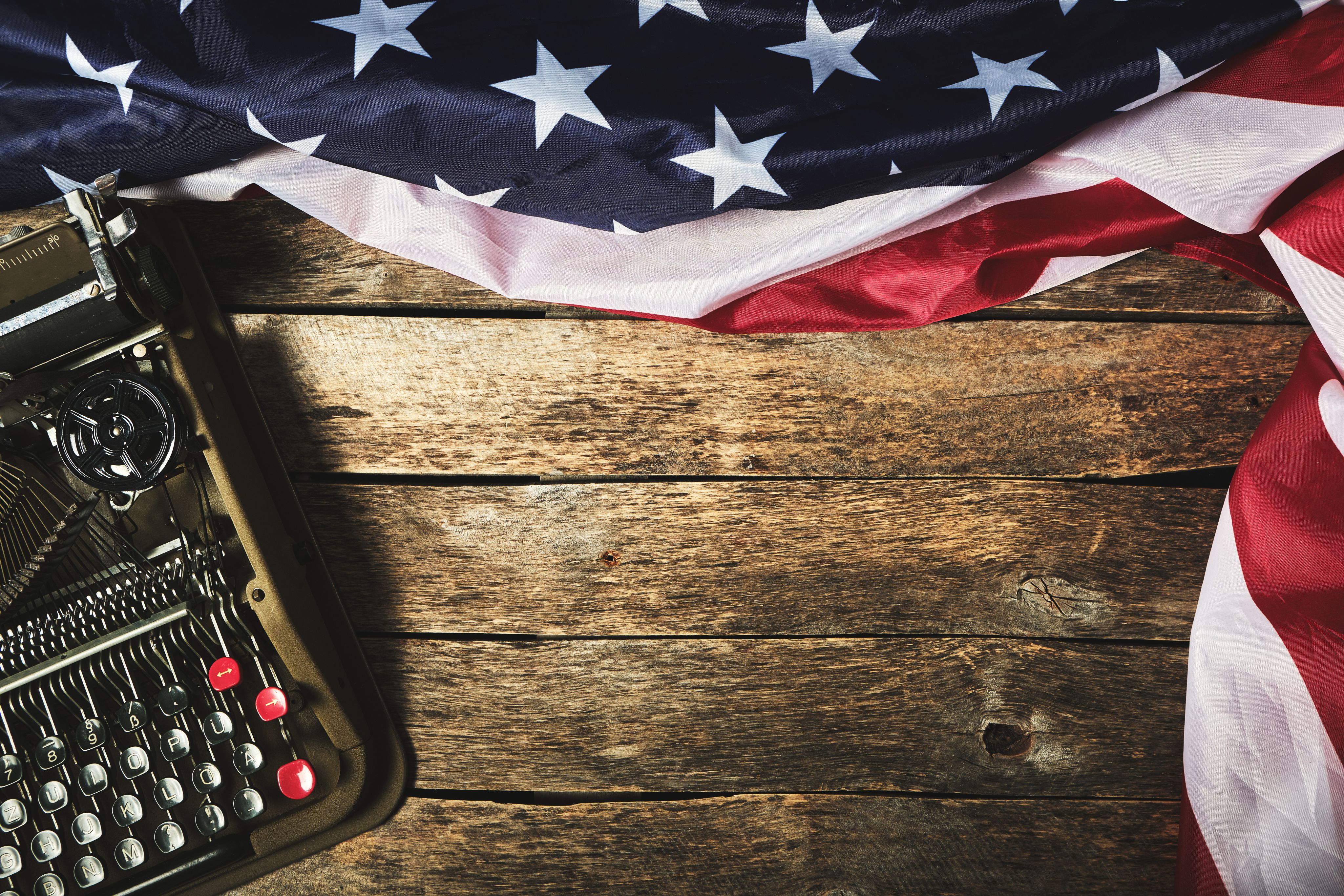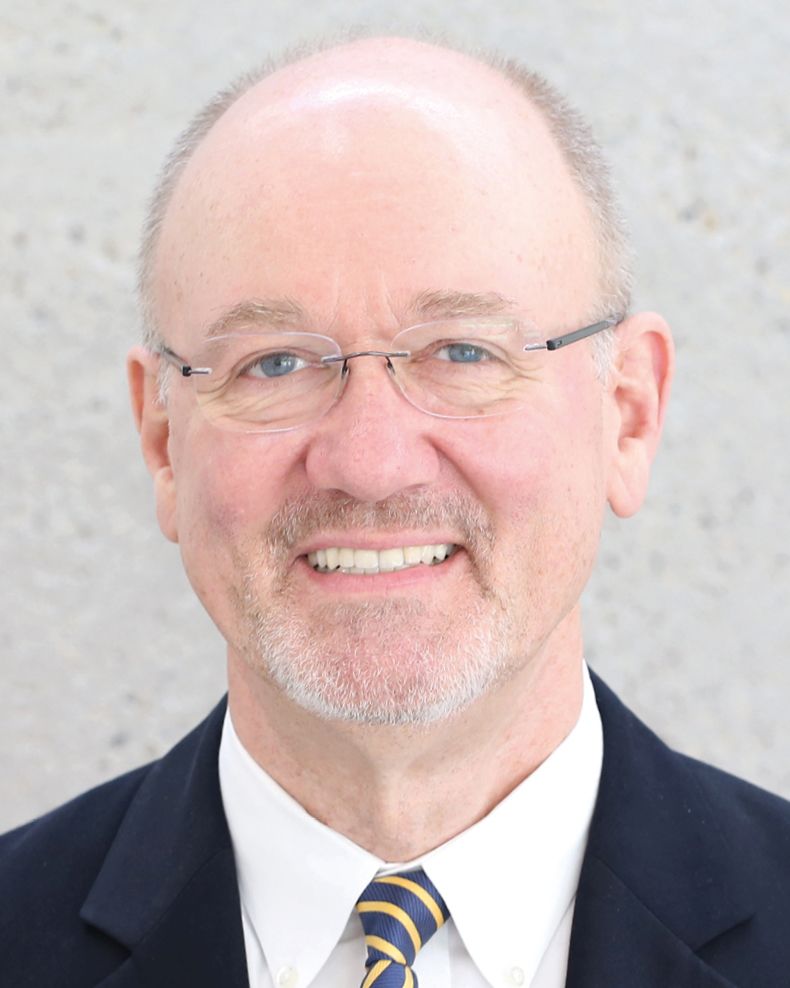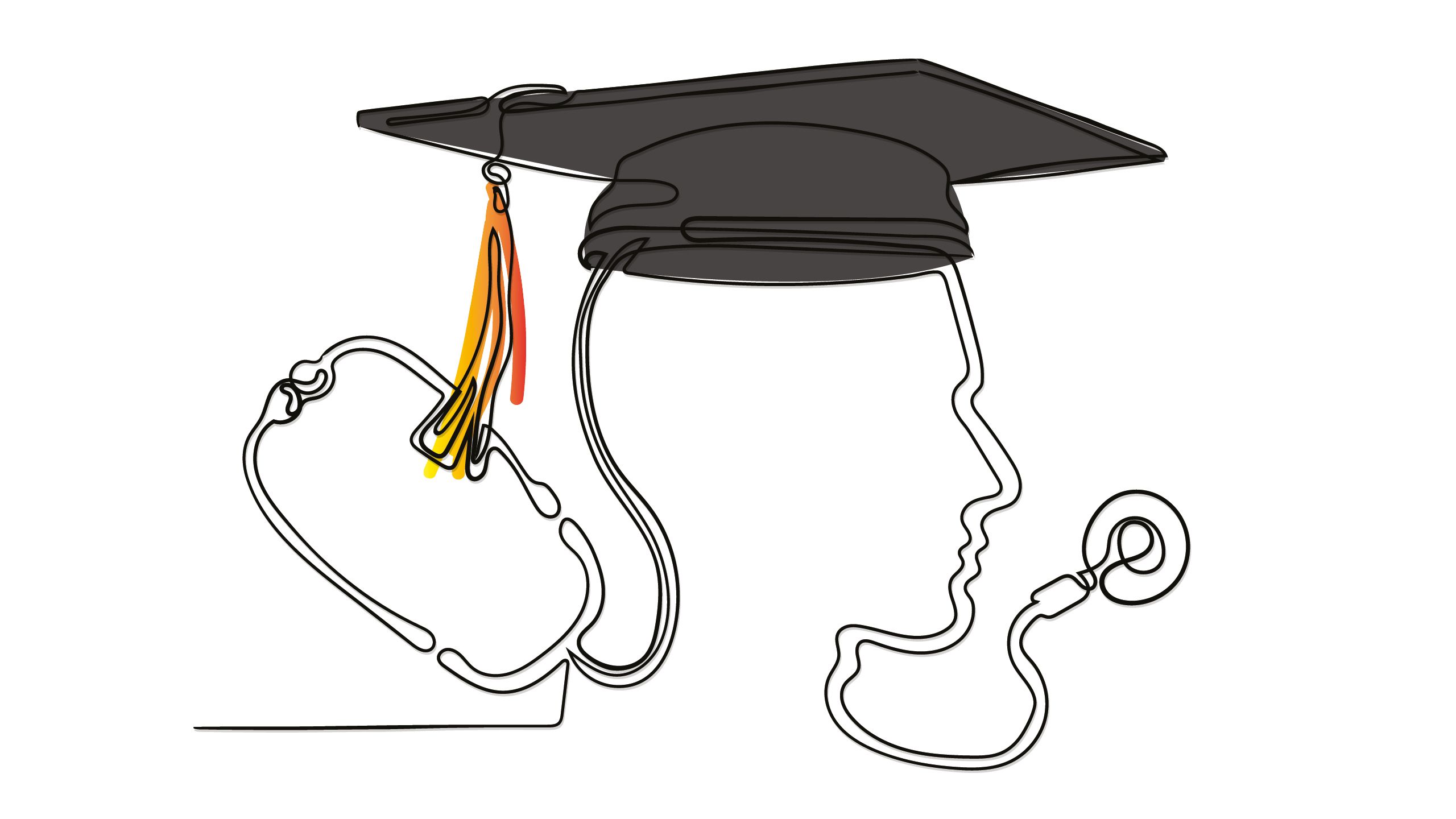Letter from America


Eric Dierks FRCSEd: Emeritus Professor of Oral and Maxillofacial Surgery, Oregon Health and Science University, US
Eric Dierks FRCSEd: Emeritus Professor of Oral and Maxillofacial Surgery, Oregon Health and Science University, US
Dear colleagues,
The attendance of this correspondent at a recent diploma ceremony for new Members and Fellows in the College’s historic Playfair Hall conjured up the inevitable comparisons between the similar and not so similar undertakings we pursue on the other side of the pond.
Graduation ceremonies are said to have begun within European universities around the 12th century. According to Google Translate, the Latin gradus means ‘degrees’, gradum means ‘step’ and graduatio ceremonia means ‘graduation ceremony’. According to the website Mental Floss, a 1432 statute mandated that every Oxford graduate delivered a sermon in Latin before they received their diploma.
Not too long after that, we Americans were preoccupied with the construction of log cabins, panning for gold and breeding cattle. Several centuries later, those interested in pursuing higher education could either return to Europe or wait until 1636, when Harvard College in Boston opened its doors. As graduation ceremonies became more formalised, a distinctive regalia evolved. Initially the university graduates, along with everyone else, wore thick gowns and heavy hats during the ceremony, simply because there was no central heating. The standardisation of black robes later gave way to the signature colours of each institution.
"The RCSEd diploma ceremony is a well-oiled machine – a production that consistently results in happy graduates and families"
The recent ceremony in the almost 200-year-old Playfair Hall did not celebrate a graduation at the conclusion of formal education with the awarding of academic degrees. Instead, it recognised the completion of key steps in formal training within a chosen surgical, dental or allied specialty. A brief yet inspirational keynote was given by a distinguished Fellow ad hominem as an address to the diplomates at the conclusion of the ceremony.
It was heartening to note that the ceremony’s themes were similar to those when I was honoured in the same way six years ago: congratulations for the journey so far, some advice for the future challenges and recognition of the support of partners and families. The RCSEd diploma ceremony is a well-oiled machine – a production that consistently results in happy graduates and families, who all get the opportunity to enjoy the day and be recognised for their achievements in a reasonable timeframe.
The American version of this differs in its timing as well as its significance. The main ceremony occurs at the conclusion of undergraduate medical or dental education, at which time the letters MD or DO are conferred to medical graduates and DMD or DDS are awarded to dentists. In America, we do not have nationwide bodies such as the GDC or GMC, and the authorisation to practise is established separately by individual states.
Typically, a new surgical trainee will obtain a temporary, limited state licence through their training institution. Trainees will customarily wait until their second or third year of training to obtain an unrestricted medical licence in that state. There is no ceremony at the state medical board office. Should the young surgeon later move to another state, a medical licence in that state is obtained through a much less laborious reciprocity arrangement and review of credentials.
American dental licensure, however, has traditionally been a confusing abyss of in-person, invigilated performance of dental procedures on patients. Examinees must source patients who need the specific types of dental procedure required by that state and ensure they are present at the exam. There is no ceremony after this examination, only multiple drinks at the bar when this mentally exhausting two-day ordeal is finally over. Thankfully, the American dental licensure nightmare has been significantly simplified in some states, with more hopefully on the way.
The US organisation that is most similar to the RCSEd is the American College of Surgeons (ACS). Once an American surgeon has completed all training and has been in practice in the same area or institution for a minimum of one year and has passed the American Board examination in their specialty (the equivalent to the Intercollegiate Specialty Fellowship Examination in the UK), they can apply to become a Fellow of the ACS. Fellows of the RCSEd are also eligible for Fellowship of the ACS.

Founded in 1913, the ACS now has over 84,000 members and is one of the largest surgical organisations in the world. My induction into the ACS many years ago consisted of a gowned affair similar to but notably shorter and simpler than the RCSEd’s ceremony: each Fellow’s name was called, they crossed the stage to receive a certificate in their left hand while shaking the President’s hand with their right, they posed for a photograph and then exited stage left. At the foot of stage left, the ACS format differed substantially from that of the College. Each newly minted Fellow was handed a ‘box lunch’ to be consumed later, not like the wonderful reception in the Quincentenary Hall with food and drink.
Fellowship of the ACS, like the RCSEd, does not confer licensure to practise, but it marks the end of one educational journey and the start of another. I hope all graduands and readers of this letter can enjoy the opportunities that have arisen as a result of their achievements as they move forward with their careers. I’m very proud of my FRCS(Ed) Ad Hom.
Kind regards,
Eric Dierks FRCSEd, Emeritus Professor of Oral and Maxillofacial Surgery, Oregon Health and Science University, US
